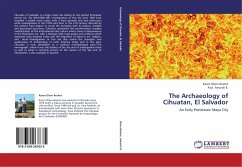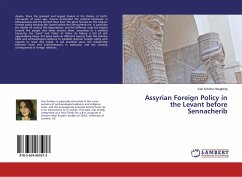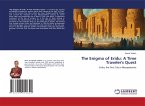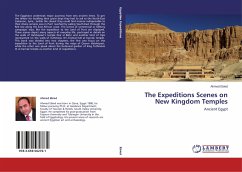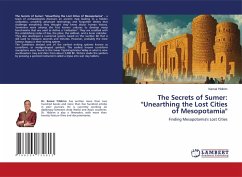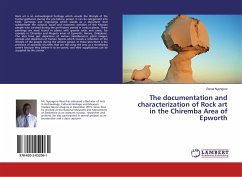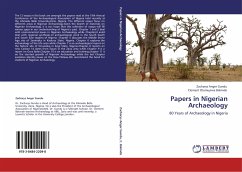Cihuatán, El Salvador is a large urban site dating to the earliest Postclassic period (ca. AD 950-1050/1100. Investigations at the site since 1929 have revealed a walled ritual center with a main pyramid and two ball-courts while investigations in the 1970s and then in the 21st century directed by the authors have begun to reveal the Acropolis with its palaces, temples and associated structures. Cihuatán represents the southernmost complex manifestation of the international elite culture which arose in Mesoamerica in the Postclassic era, with a Mexican style royal palace and artifacts which represent long distance trade and the migration of ideas in art, religion, and ritual. Investigations at this site also reveal the strengths and weaknesses of archaeology in Latin America today and in the past. Cihuatán is now developed as a national archaeological park. This monograph, which traces the history of the site and of investigation there as well as what is currently known of the nature of the site and its inhabitants, is also available in Spanish
Bitte wählen Sie Ihr Anliegen aus.
Rechnungen
Retourenschein anfordern
Bestellstatus
Storno

